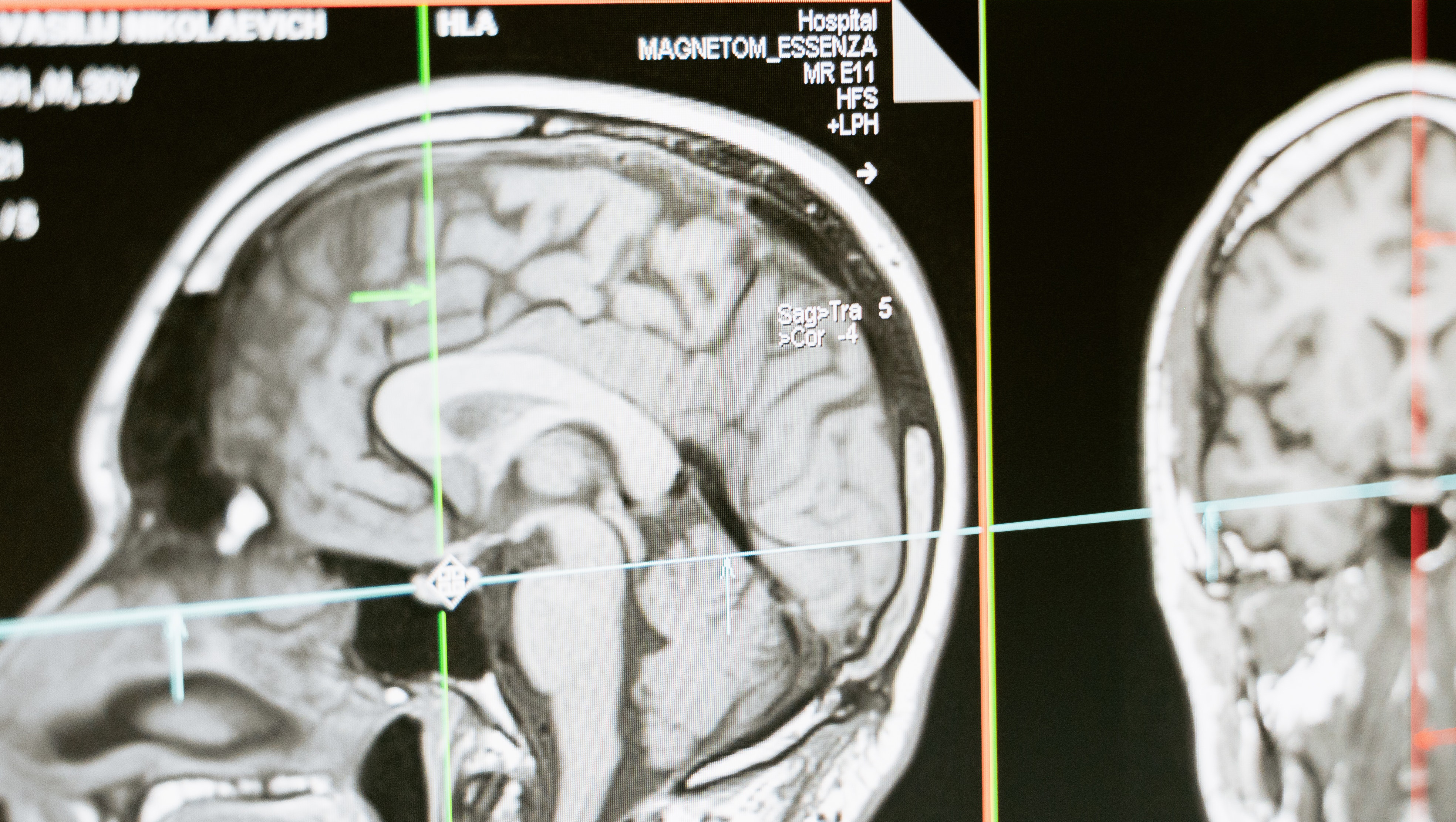While The Centers for Medicare and Medicaid Services (CMS) is considering expansion of coverage for lung cancer screening, a new study shows the effectiveness of early detection in the reduction of lung cancer deaths. Dr. Raja Flores and his colleagues concluded that between 2006 and 2016, lung cancer deaths decreased by about 4% each year. “This decline has been driven by many factors, including smoking cessation, medical therapies, CT screening, and earlier therapeutic interventions,” they reported, and in the conclusion they state that, “our analysis suggests that decreased mortality is also associated with a diagnostic shift from later to earlier stage lung cancer.”
Support Increases for Low-Dose CT Lung Cancer Screening on December 29, 2021
Categories: low dose CT, radiology, lung cancer screening
Congress Responds to Lessen Medicare Cuts For 2022 on December 17, 2021
The Medicare Physician Fee Schedule (MPFS) Final Rule for 2022 contained a 3.71% decrease in the Conversion Factor (CF), as we reported in our recent review of the rule. However, after lobbying by physicians and their representative organizations, Congress passed the Protecting Medicare and American Farmers from Sequester Cuts Act (the Act) that rolls back most of that cut and boosts the fee schedule that was contained in the MPFS Final Rule by 3%. We calculate that the CF for 2022 will therefore be $34.6062 instead of $33.5983, although the exact figure has not yet been released.
Categories: medicare, medicare reimbursement, Medicare Physician Fee Schedule
A Surprising Consequence of The No Surprises Act on December 10, 2021
The No Surprises Act (NSA) was designed to protect patients from receiving large medical bills from a physician or facility that does not participate in their insurance plan. It was to provide a mechanism whereby the providers could receive a payment from insurers that reflects a reasonable market price, with a dispute resolution process to be used when the parties were too far apart to reach an agreement. While this all sounds very reasonable and good for patients, it always seemed like the insurance companies could use the law as leverage to terminate existing agreements with providers who had negotiated high fee schedules and force them into lower-rate contracts. And that is exactly what is beginning to happen.
Categories: radiology reimbursement, radiology, surprise billing
Regulatory And Payment Issues That Will Impact Radiology Practices In 2022 on November 23, 2021
Keeping abreast of the various healthcare rules and regulations from federal and state authorities can sometimes be overwhelming for a practice’s management. Here is a summary of some of the most important regulatory issues to be aware of for next year, along with a few payment policy decisions that are not governmental. The links will take you to our recent articles and other sources that probe each topic in more depth.
Categories: cms, MPFS, low dose CT, CPT codes, radiology, QPP, surprise billing
CMS Has Released The 2022 Medicare Physician Fee Schedule Final Rule on November 16, 2021
Coming a bit earlier in the month than usual, the release of the Medicare Physician Fee Schedule (MPFS) Final Rule for 2022 contains few changes from the rule proposed earlier this year. The Proposed Rule reported a 2022 Conversion Factor (CF) of $33.5848 per Relative Value Unit (RVU), but the Final Rule adjusts the figure slightly upward to $33.5983. This is a reduction of 3.71% from the 2021 CF of $34.8931. In addition to this cut, practices will see an additional 2% payment reduction when sequestration resumes on January 1, 2022.
Categories: cms, MPFS, Quality Payment Program, radiology, quality measures, Medicare Physician Fee Schedule
Understanding Payment Dispute Resolution Under The Federal ‘Surprise Billing’ Rule on November 4, 2021
On January 1, 2022, practices will have to comply with the federal No Surprises Act (NSA) unless their state has a similar law already in effect. The federal legislation that was passed in December 2020 is intended to allow providers to receive a reasonable payment from insurers for services to non-network patients without putting those patients in the middle of a payment dispute. At the end of September, long-awaited regulations that will govern the details of its implementation were issued and were met with displeasure by healthcare providers. For example, the American College of Radiology® (ACR®) wrote in its detailed summary of the rule that it “is disappointed that the regulations violate the intent of the No Surprises Act (NSA) by making the Qualified Payment Amount (QPA) the primary determinant of physician payment rates in the independent dispute resolution process.”
Categories: radiology reimbursement, radiology, surprise billing
ICD-10 Coding Changes That Will Impact Radiologists In 2022 on October 14, 2021
The annual changes to the ICD-10-CM[i] coding system come in two forms. The Coding and Reporting Guidelines describe how the codes are to be used, and then there is the list of available codes themselves. 159 new codes became effective on October 1, 2021, and many codes have been revised or deleted. Not surprisingly there are a few revisions to the reporting of COVID-19 infections and related conditions.
Categories: radiology documentation, radiology coding, icd-10, CPT codes, radiology
More Pandemic Relief Is Available from the HHS Provider Relief Fund on October 4, 2021
This article was updated on October 28, 2021.
In this article we note that the filing deadline was October 26, 2021. However, if you have submitted your tax identification number (TIN) for validation prior to that deadline, you will have until November 3, 2021 to submit a completed application.
Physicians and other healthcare providers will be able to apply for additional grant funds from the Department of Health and Human Services (HHS) beginning on September 29, 2021. This distribution of funds is known as Phase 4 of the Provider Relief Fund (PRF) authorized by the CARES Act of 2020 in response to the COVID-19 public health emergency. Additional funds will be available under the American Rescue Plan (ARP) for providers who serve rural patients. Both aspects of the current distribution will be available through a single application process.
Categories: CARES Act, HHS, HHS PRF, Provider Relief Fund
More Evidence That Radiology is Not the Source of Medicare Spending Increases on September 22, 2021
It seems that diagnostic imaging and radiology are often blamed for increasing the cost of healthcare, especially Medicare costs. Not so, says a recent study that was reported in Radiology Business on August 30, 2021.
How The New Information Blocking Law Will Impact Your Radiology Practice on September 2, 2021
A provision of the 21st Century Cures Act of 2016 took effect earlier this year after several delays and postponements. As of April 5, 2021, providers found guilty of “information blocking” could be subject to significant penalties of up to $1 million per occurrence, although the specifics regarding the process for awarding those penalties have yet to be finalized by the Office of the Inspector General (OIG). The intent of the law is to promote the free flow of relevant healthcare information between providers and to ensure that patients can access their own information where and when they need it. A better name might have been the “information sharing” or “anti-information blocking” law!
Categories: radiology, information blocking













